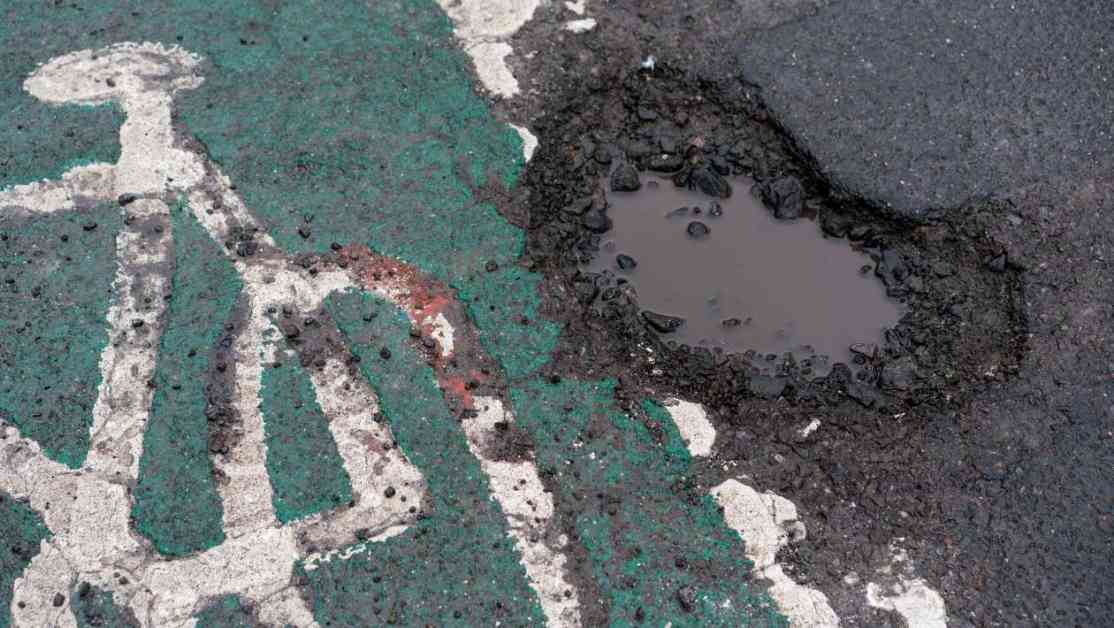The Decline of UK Local Roads: A Government Oversight
A recent report from the National Audit Office has shed light on the government’s lack of understanding and action regarding the deteriorating state of roads in England. The Department for Transport has been criticized for its disconnect with local councils and the lack of data collection on the condition of local roads.
The Disconnect with Local Authorities
The NAO’s investigation revealed that the government’s data suggests that the state of roads has remained stable over time, despite widespread complaints from motorists and the roadbuilding industry about worsening conditions. This disconnect can be attributed to the minimal amount of data collected from local authorities, with no reporting requirement for classified roads. While 70% of councils submitted data last year, one in five failed to share maintenance data for A roads under their jurisdiction.
Lack of Understanding on Funding Impact
With roads deteriorating rapidly, the NAO found that the government lacks an understanding of how its funds support road maintenance. The DfT claims that every £1 spent delivers £7 in improvements, but the lack of data from local authorities makes it challenging to assess the positive impact of funding. Moreover, the NAO highlighted that the government’s funding sources have been inconsistent over the past decade, making it difficult to ensure that local authorities receive the correct amount of funding.
Short-Term Solutions and Funding Allocation
The NAO criticized the government for focusing on short-term solutions and not considering the condition of roads or factors contributing to their deterioration when allocating funding. The DfT’s funding allocation is based primarily on the length of a road, number of bridges, and street lights, rather than underlying road conditions, traffic volume, and vulnerability to issues like flooding.
Simon Williams, the RAC’s head of policy, described the UK’s roads as being in a dire state of repair and called on Transport Secretary Louise Haigh to allocate funds for local road maintenance. Edmund King, the President of the AA, echoed the sentiment, urging the government to implement longer-term funding and stricter controls to ensure permanent repairs.
The NAO’s official recommendation is for the government to review its coverage requirements for local authorities on surface condition reporting and request additional information on key road assets like bridges. The NAO also suggests that the DfT collaborate with HM Treasury to target funding more effectively and provide longer-term funding certainty to local authorities.
In conclusion, the deteriorating state of UK local roads is a pressing issue that requires immediate attention and action from the government. Ignoring the problem will only lead to further deterioration and increased costs in the future. It is crucial for the government to work closely with local authorities, prioritize long-term solutions, and allocate funding effectively to ensure the maintenance and improvement of the country’s road infrastructure. Citizens must also continue to report damages caused by poorly maintained roads to hold the government accountable and push for necessary changes.










